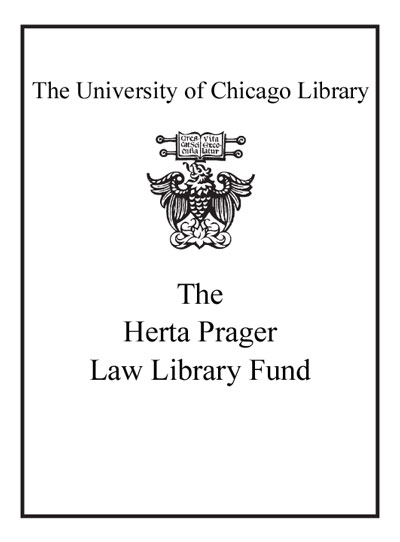| Summary: | A range of international and European Union legal instruments exert influence on the national civil procedure rules of European Union member states. Some specifically aim for the harmonisation of national procedural law across Europe, while others primarily focus on facilitating cross-border litigation, enforcing rights or setting minimum standards. However, often the same time instruments cause fragmentation, reduce coherence and challenge prevailing concepts and doctrines of national civil procedure law. With a view to carefully selected North Western jurisdiction (EU and EEA member states) this book explores how EU, EEA, and international legislation, judicial activism on EU and national level, and new soft law instruments affect national civil procedure law and how, in turn, national rules may impact the development of international instruments. How are the respective countries affected by a particular (EU) regulation? Has the regulation generated changes of the national law? Are European rules, or national rules following from them, applied in court practice? Are there differences in the approach towards implementation and application of EU law, and if so why and with what consequences? Do international influences serve as an impetus for national reforms, or are they implemented mechanically? Do hard law approaches produce more harmonisation or convergence than soft law approaches?
|
|---|

